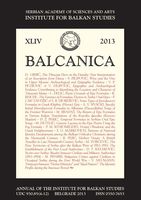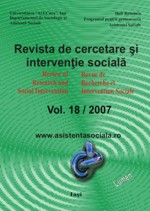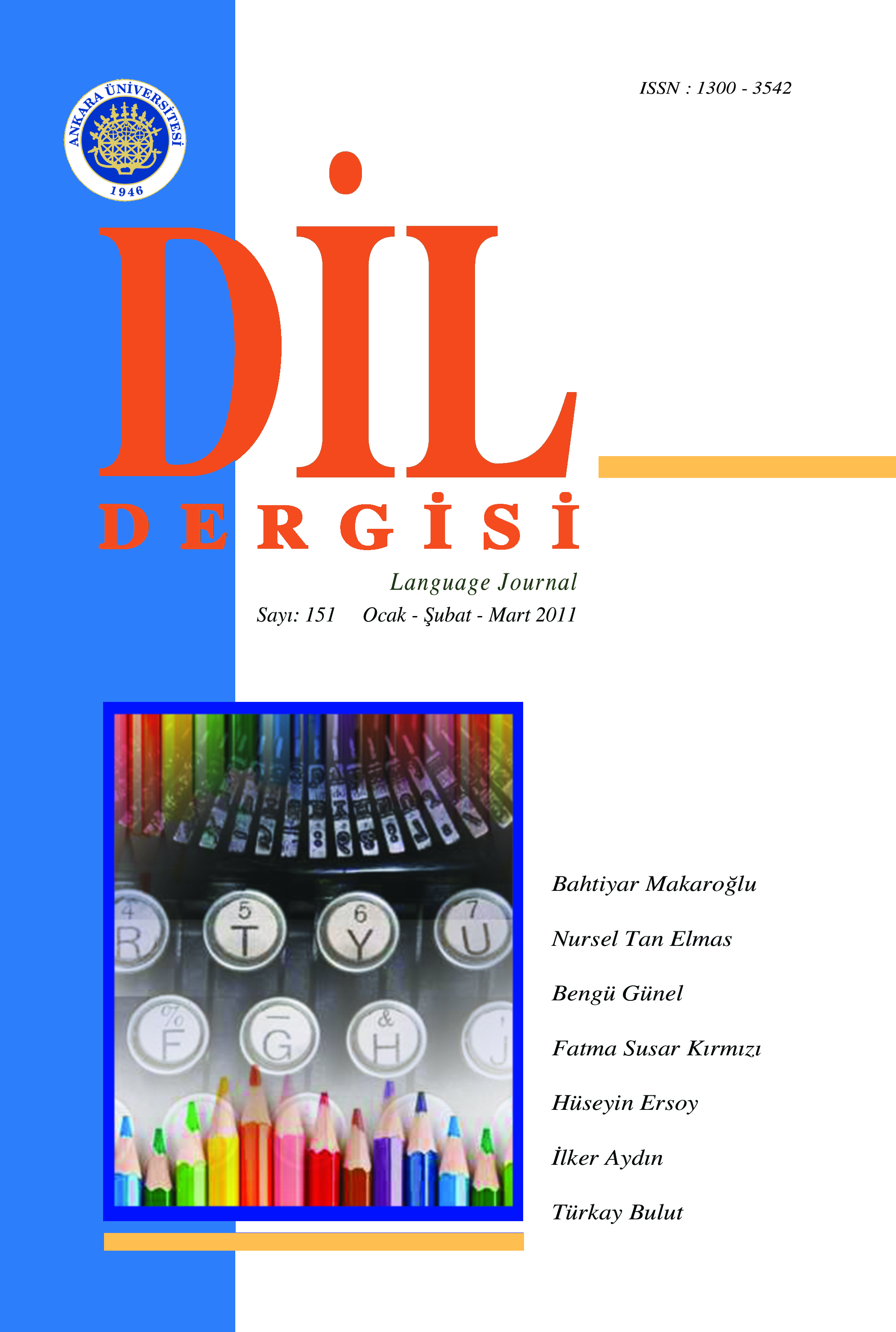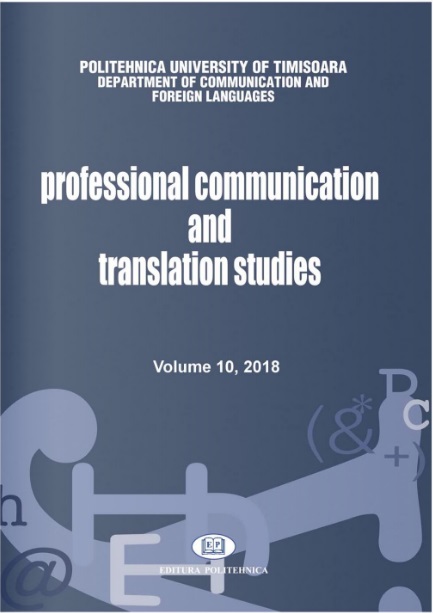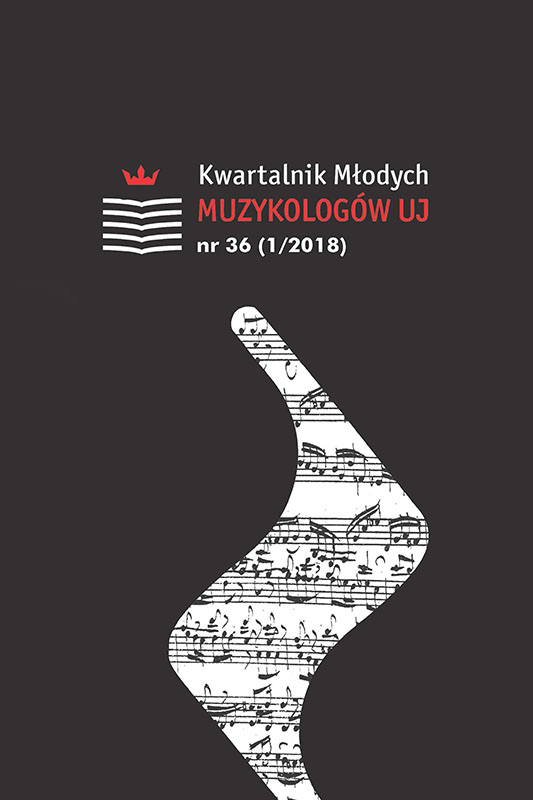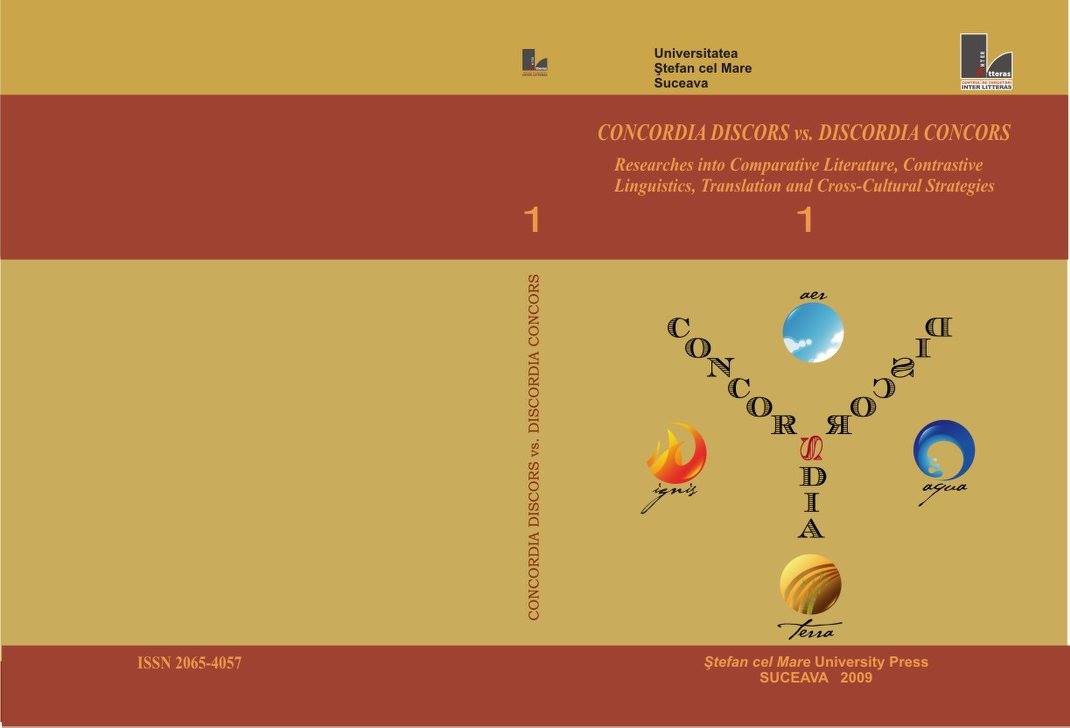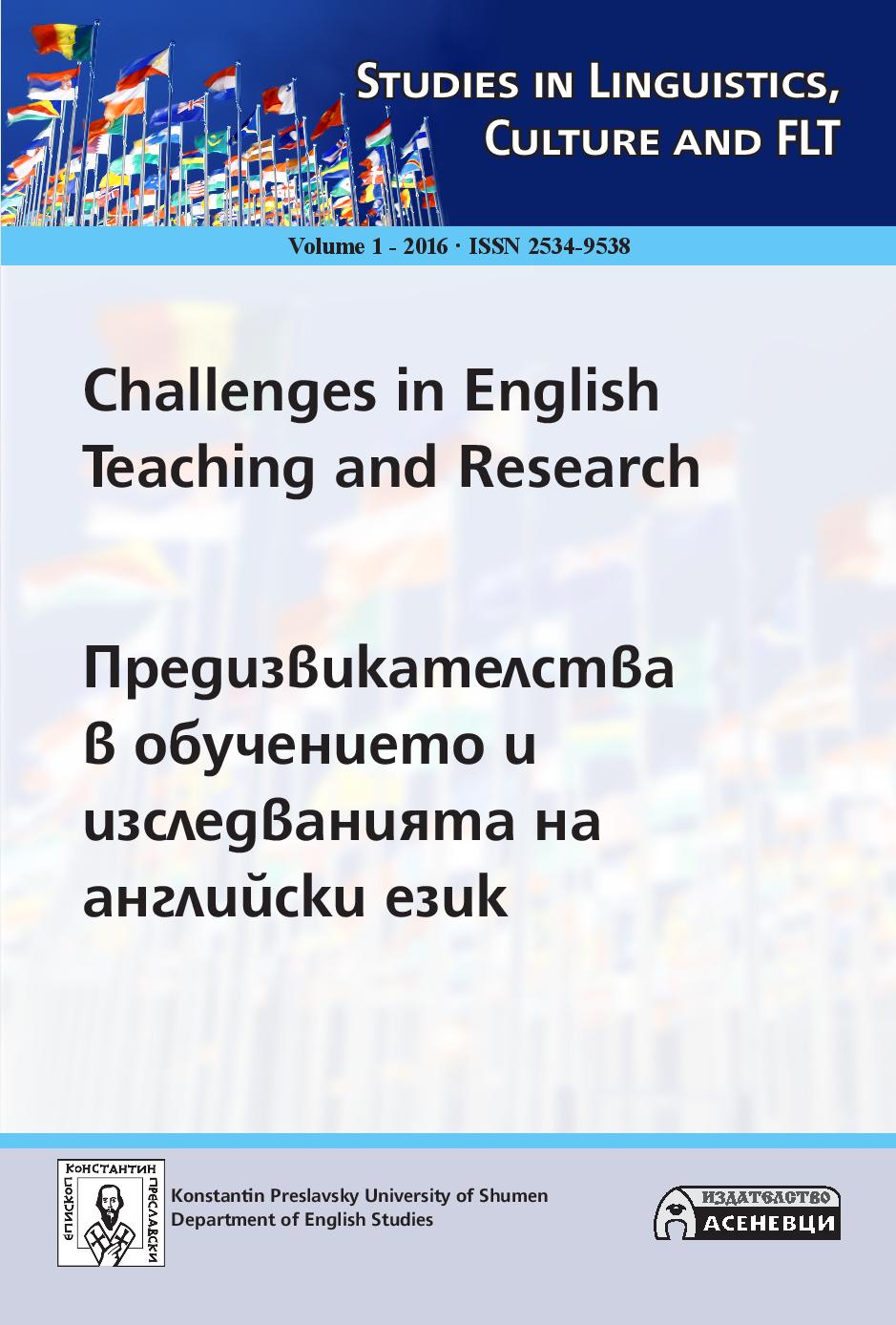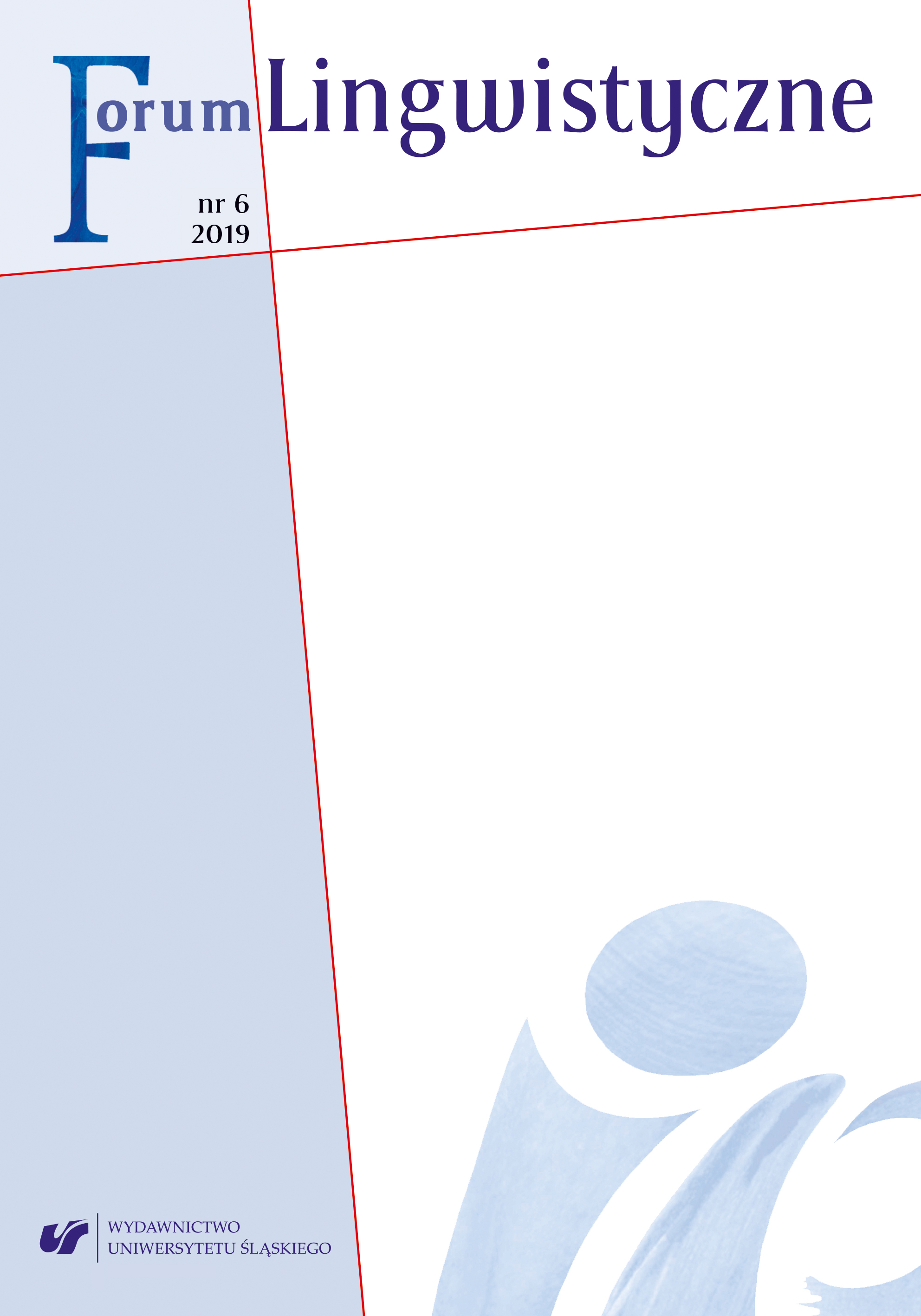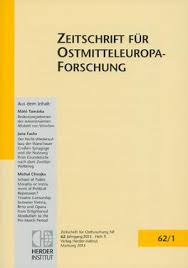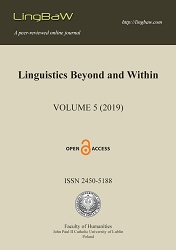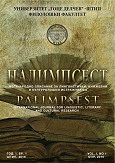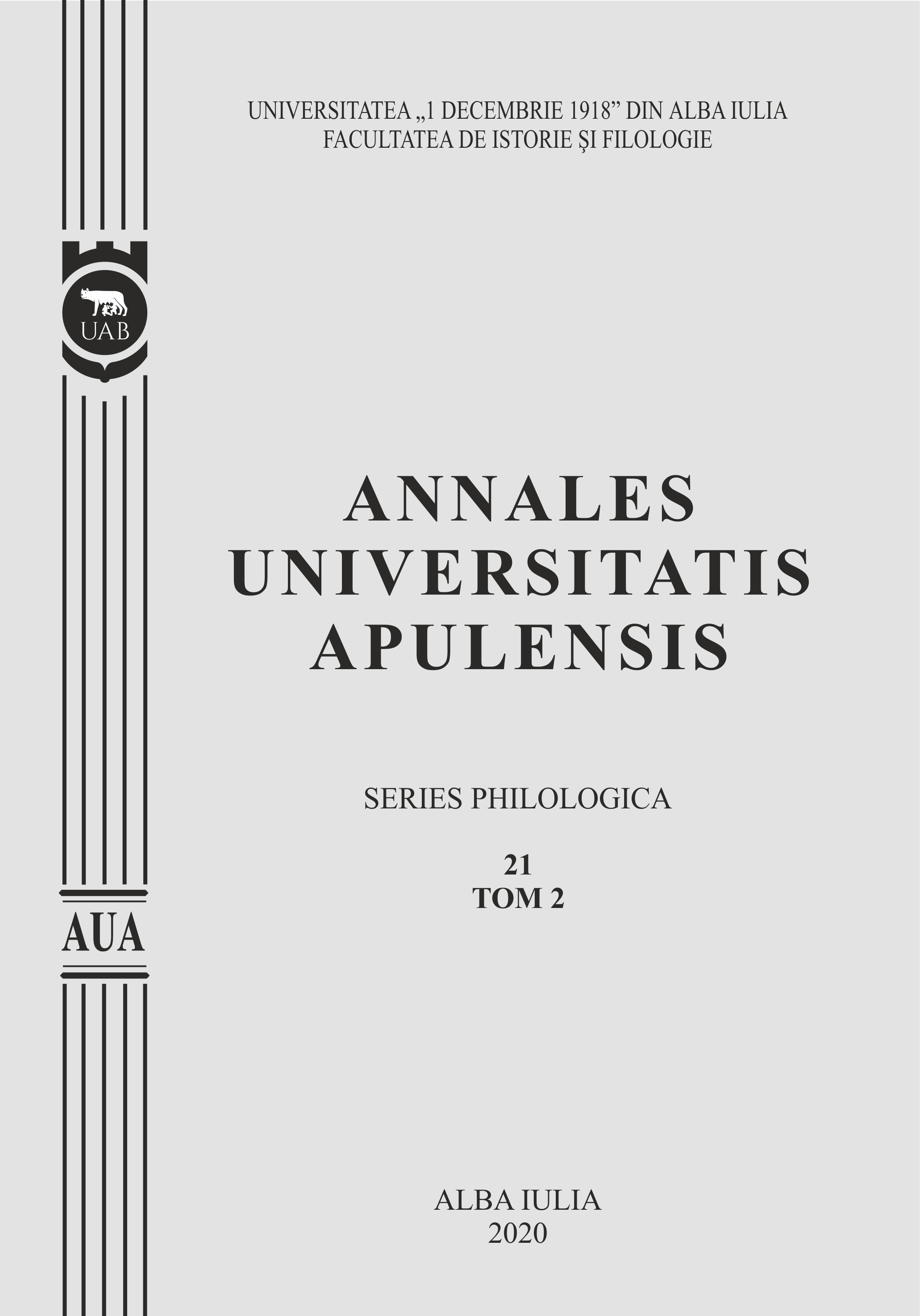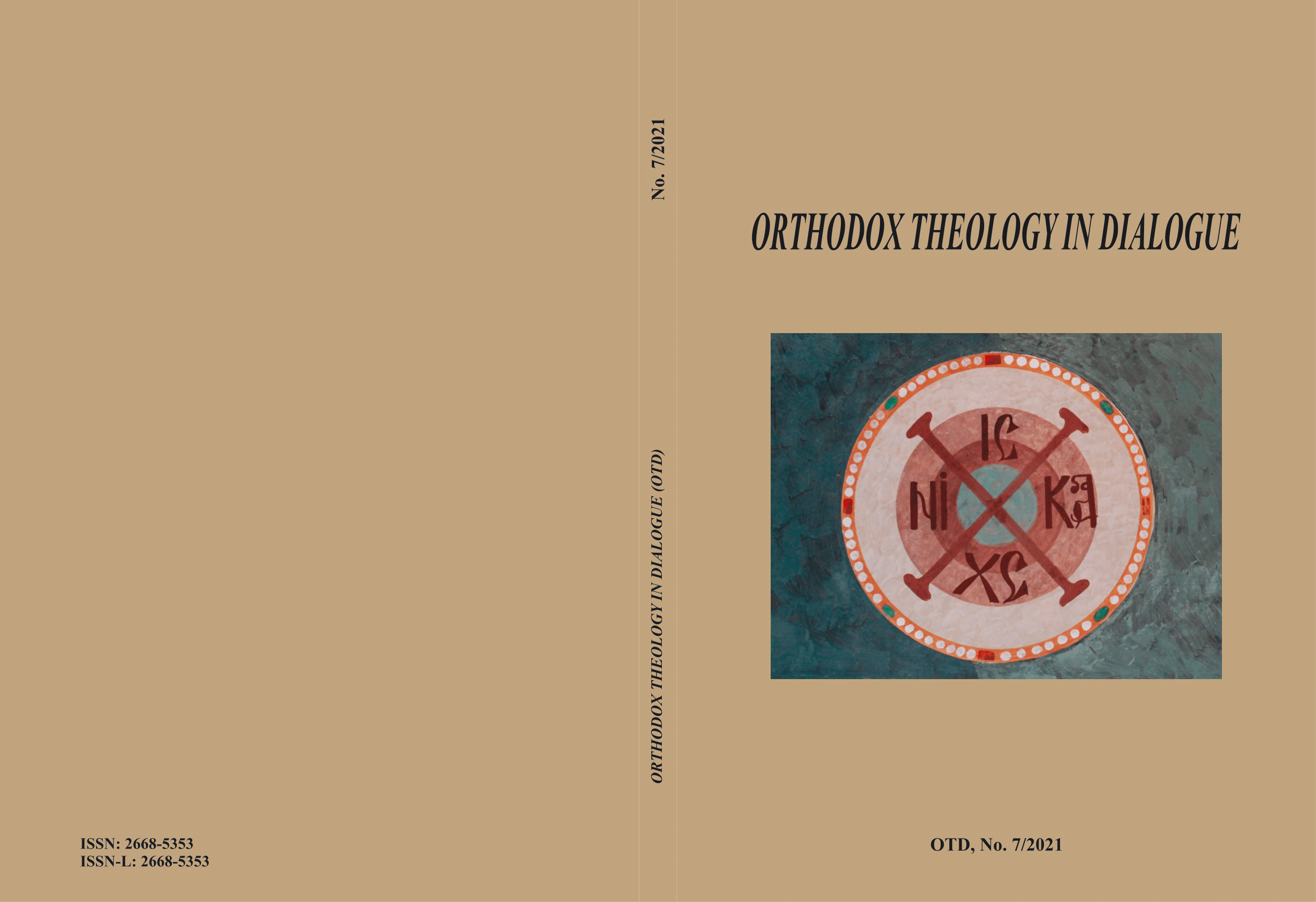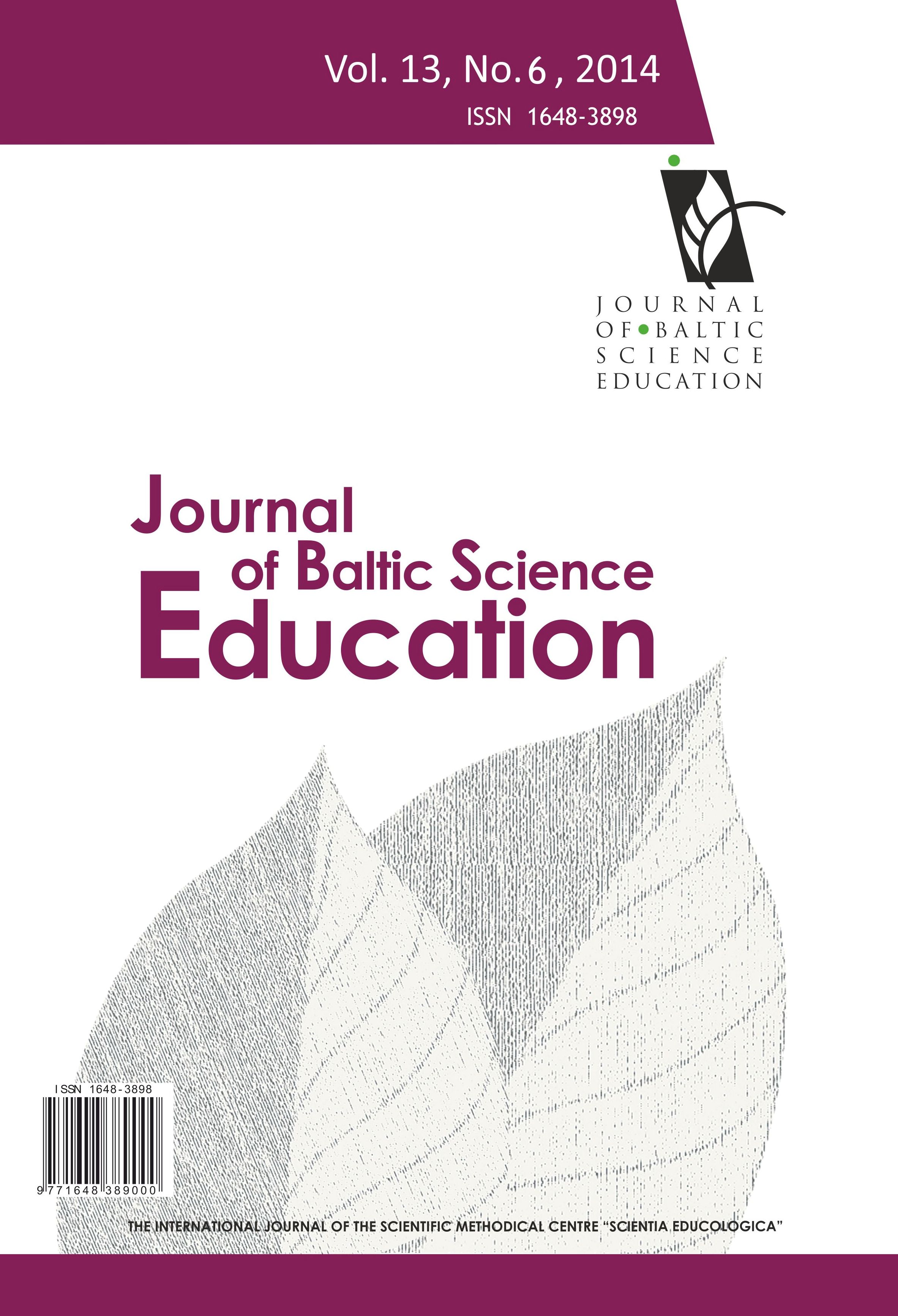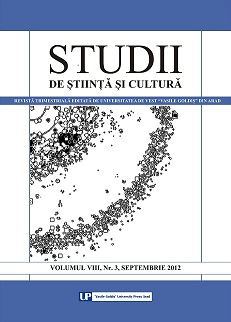
German Translation Theories and Their Practicalness
Teorii traductologice germane şi aplicabilitatea acestora în practica traducerii
Keywords: translation; translatology; skopos; adequacy; fidelity; traduction; traductologie; skopos; adéquation; fidélité; traducere; traductologie; skopos; adecvare; fidelitate
The translator should not be perceived as a simple producer of texts based on other texts, but as an expert, with skills, tasks and precise responsibilities, who works in cooperation with other "actors", that are part of the translating process. Text translating is not a simple linguistic act, but a complex one, that involves Linguistics, Hermeneutics (because texts must be interpreted) and Semiology (because signs and symbols must be decoded). In this paper is being explained the difference between translation studies (or translatology) and the linguistic theory of translation and why translatological concepts like “purpose”, “adequacy” and “actor” (as they were defined by Reiß, Vermeer and Mänttäri) are essential and necessary required for a complete description and a responsible fulfillment of translating acts.
More...
